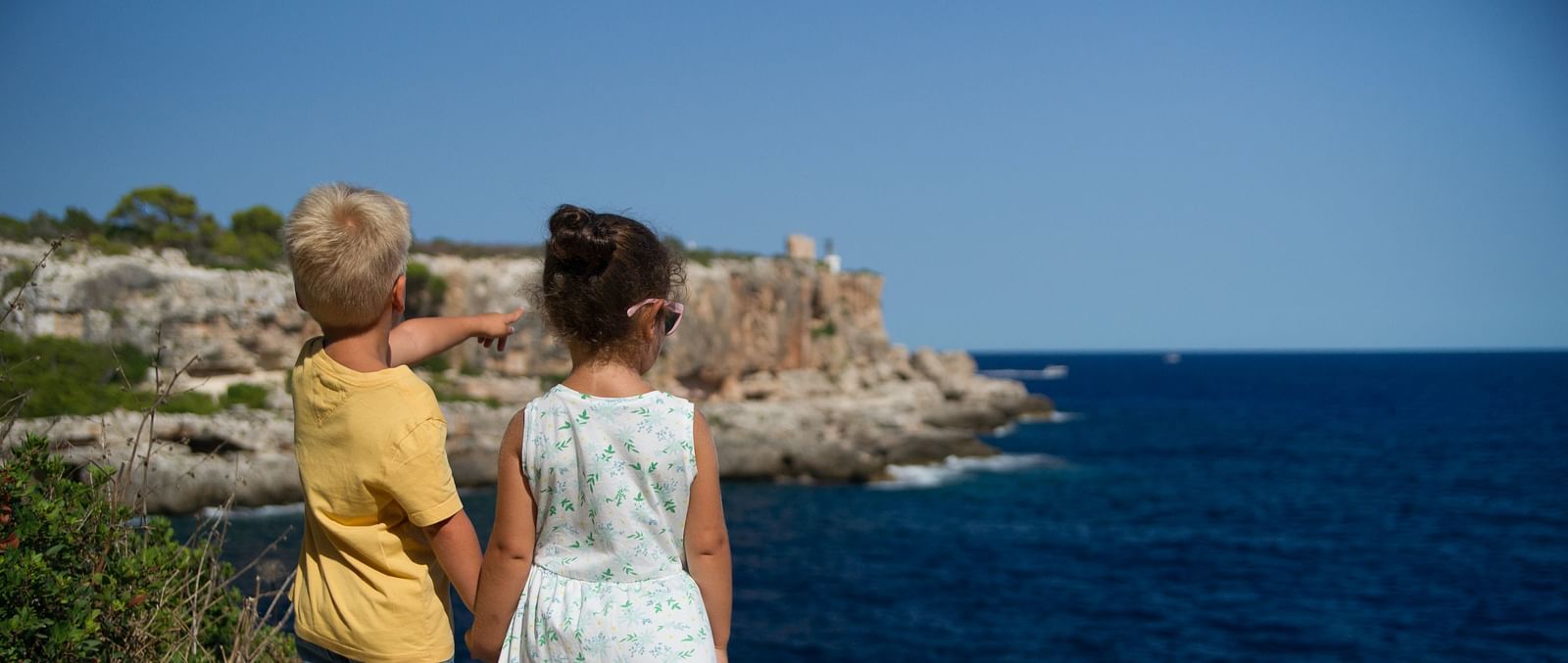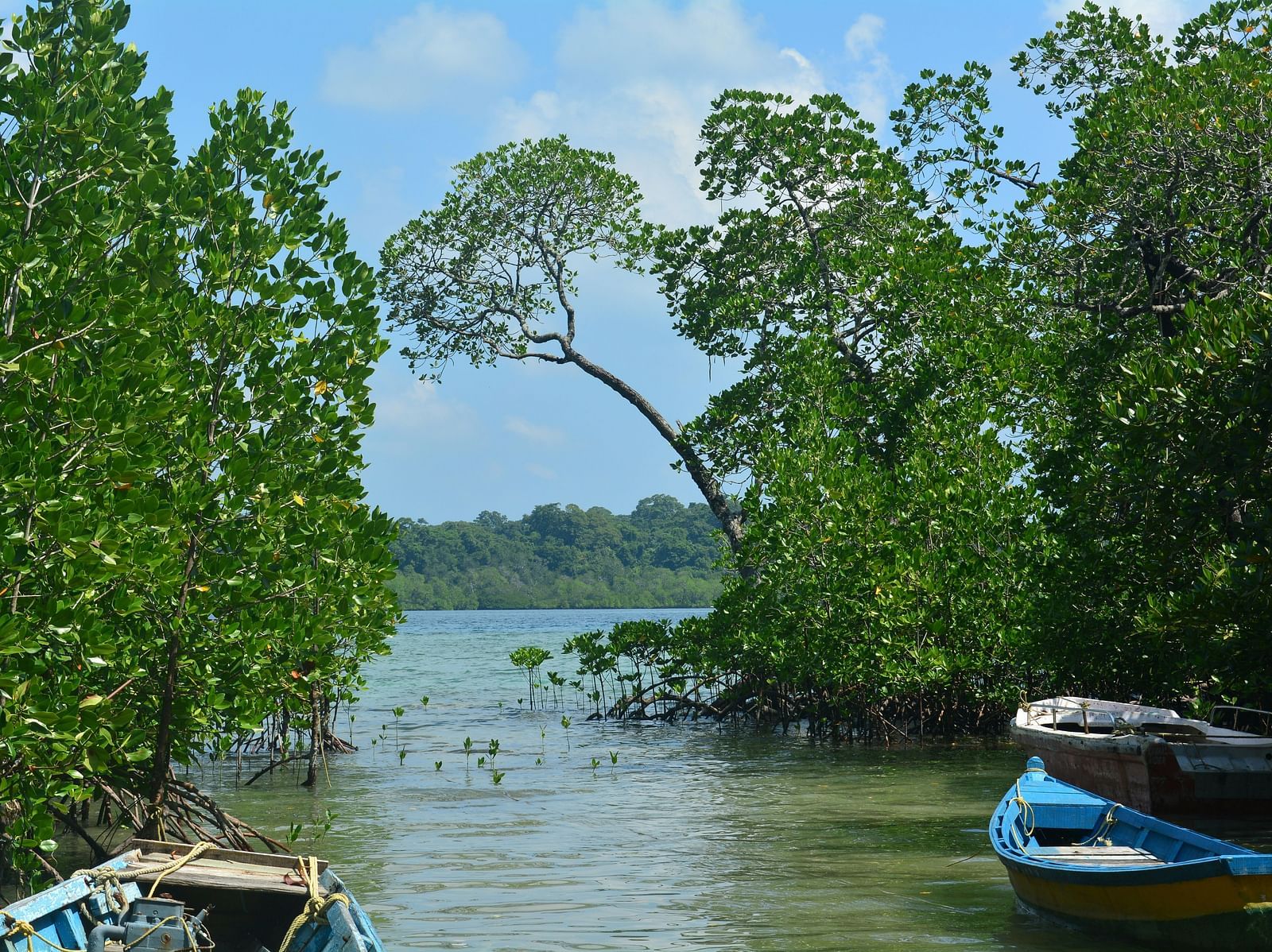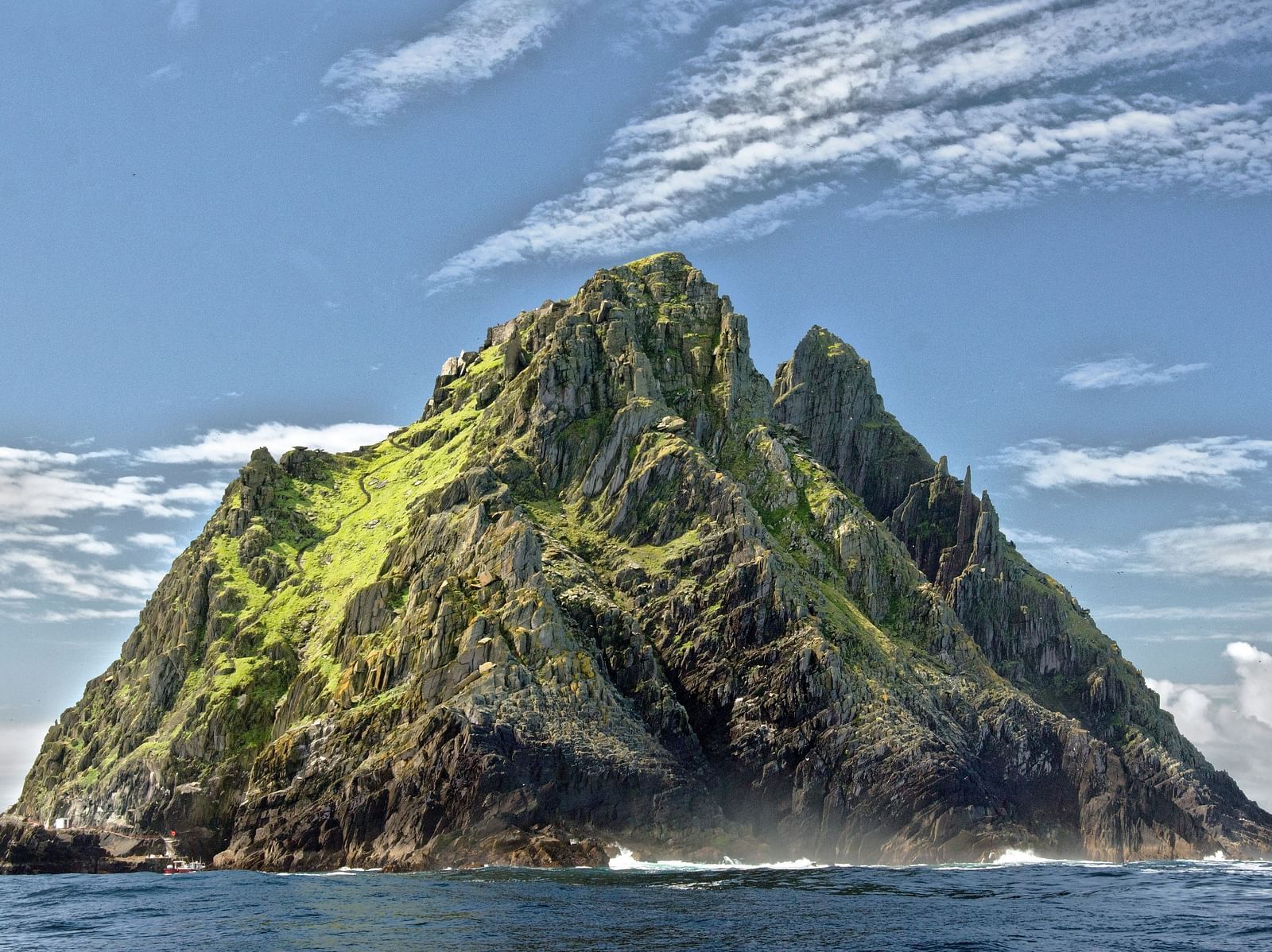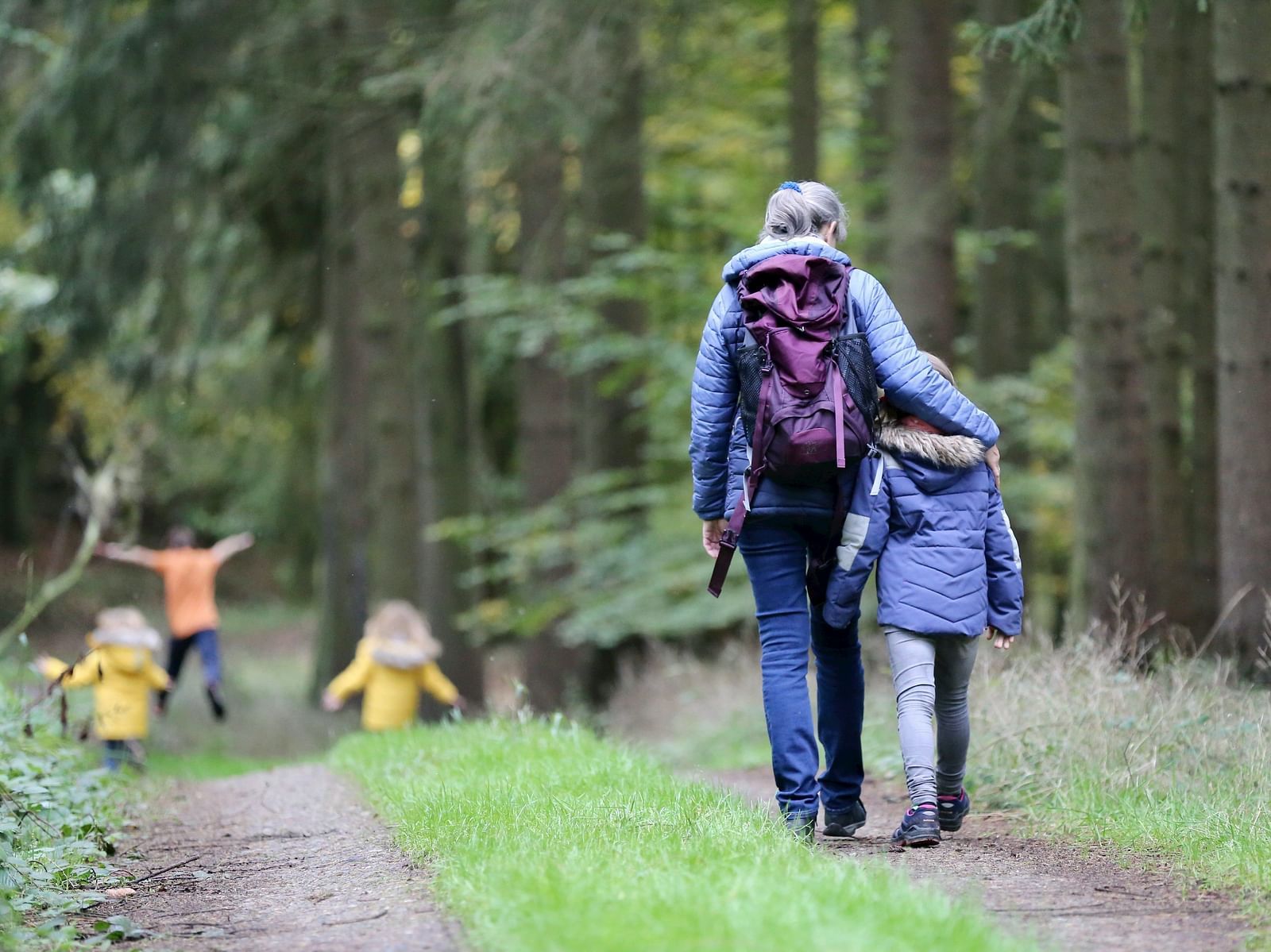Home > Coral Reef Resort & Spa, Havelock > Blogs > A Recreational Trip to Andaman for School Kids

Learning Beyond the Classroom: A Guide to Planning a Recreational Trip to Andaman for School Kids
The present education system provides a diverse environment even for young learners to harness their full creative and academic potential. The classroom is akin to a stage where different performers showcase their unique talents and skills to the best of their capabilities. This performance is measurable and defines the academic and creative prowess of a learner. Today schools are striving to develop curriculum in a unique manner so that students can easily approach the outside world and solve real-life problems. No matter what age group or class, the actual objective of the entire teacher fraternity is to nurture unbridled intelligence in students and direct them to a constructive path.
However, holistic learning cannot be imparted just within a classroom environment no matter how efficient the teaching system is and the methodology. Learning must involve real-life outdoor experiences and activities that allow them to enhance their theoretical education. Young minds are especially impressionable and they learn a lot of things silently through observation only. It is a very good idea to expose them to varied new experiences in order for them to have a larger perspective on life.
However, holistic learning cannot be imparted just within a classroom environment no matter how efficient the teaching system is and the methodology. Learning must involve real-life outdoor experiences and activities that allow them to enhance their theoretical education. Young minds are especially impressionable and they learn a lot of things silently through observation only. It is a very good idea to expose them to varied new experiences in order for them to have a larger perspective on life.
A trip to Andaman and Nicobar Islands can render an enriching experience of outdoor learning
Organising a recreational trip for a class of students to Andaman Islands can help them venture out and notice for themselves what history and society they are a part of. Interestingly, the Andaman islands have been mentioned in the Ramayana as Handuman, Ptolemy mentioned them as Angademan, Marco Polo arrived here in the 13th century and Arab travellers reached in the early 19th century.
To plan a recreational trip to Andaman for school kids there are a few points to be considered at the arrangement and execution level :
- The age of a class of students
- Focus area for recreational activities, namely, sightseeing, history, flora and fauna.
- Budgetary restrictions

When taking primary class students on a trip, the focus shall be more on sightseeing and discovering sea creatures that are found in abundance on the many beaches and atolls on the islands. When taking senior students on a trip to Andaman, the island's rich history can be highlighted as they are in a better state of mind to understand its importance.
The recreational tour will take kids to the various islands where along with absorbing the natural beauty they can also be introduced to how the islands are mentioned in Hindu epics and how they were initially inhabited and colonised by people of various backgrounds and how the islands played a significant role in India's struggle for independence.
Take lessons outside the classroom with this perfect Andaman and Nicobar itinerary
Let us have a brief overview of an itinerary planned to make a recreational trip to Andaman for school kids educational and memorable:
- The first visit can be planned to Chatham Saw Mills on the Chatham island in Port Blair which is a small piece of land only about 12 acres in area. It was first set up as a colony by the British in the year 1857 when the British set up a timber mill which is functional to date.
- The island of South Andaman was established as a penal settlement where students can visit the Cellular Jail. The prisoners brought here were mostly involved in India's struggle for freedom and they were made to clear the nearby forests which disturbed the native population.
- Netaji Subhash Chandra Bose Island which was earlier known as Ross Island was the administrative headquarters of British rule. It was also home to the Japanese admiral for three years (from March 1942 to October 1945). During this time Netaji Subhas Chandra Bose stayed here for a day and took the help of the Japanese in his fight against British rule. He also hoisted the National tricolour atop the Government House. The island houses beautiful ruins of British structures and Japanese bunkers. Students can dwell on the past and get a deep insight into how the history of India was shaped right on the very land where they will be standing.
- Swaraj Dweep whose previous name was Havelock Island is one of the most beautiful islands of the Andaman Islands. The student entourage can be taken to Radhanagar Beach for its sheer beauty, Elephant Beach for the corals and KalaPathar Beach to enjoy a mesmerising sunrise.
- Shaheed Dweep, formerly known as Neil Island, can offer students an incredible opportunity to learn about rich marine life and environmental sustainability practices. This small island is renowned for its beautiful Bharatpur beach, which boasts colourful coral reefs and tropical fishes that you can explore through numerous activities like snorkelling and scuba diving. Furthermore, Laxmanpur Beach is an enticing place here. While glancing at the place on a sunny morning will thrill the students, witnessing a breathtaking sunset will be a joyous treat to their eyes.
Andaman and Nicobar Islands are not only picturesque but an eco-friendly destination
In general, the Andaman and Nicobar Islands are also committed to environmental conservation. They use non-conventional and renewable sources of energy such as solar power and generate nearly 30 MW of solar energy to use in the grid. This also means an opportunity to save diesel every day which is a non-renewable source of energy. In addition to this, Andaman and Nicobar Islands also practice waste management and tackle plastic waste efficiently. They are also lined up with eco-friendly resorts that implement green hotel practices. Hence, students visiting the Andaman and Nicobar Islands can learn about the importance of preserving natural resources and the benefits of waste management and ecotourism. Students can have an unforgettable educational experience and can learn to have a greater appreciation for nature and learn environmental responsibility.


Children flourish when they learn outside the classroom
Urban kids are living in quite a restricted environment in terms of exposure as their lives revolve around home, school and a small group of co-learners. This is prevalent because of the hectic schedules of working parents, small family units and social hesitation at times. To overcome these limitations, whenever an educational institution organises a trip to a famous destination known for its part in history and its contribution to present-day society and economics, it becomes an excellent opportunity for young kids to learn a few new things.